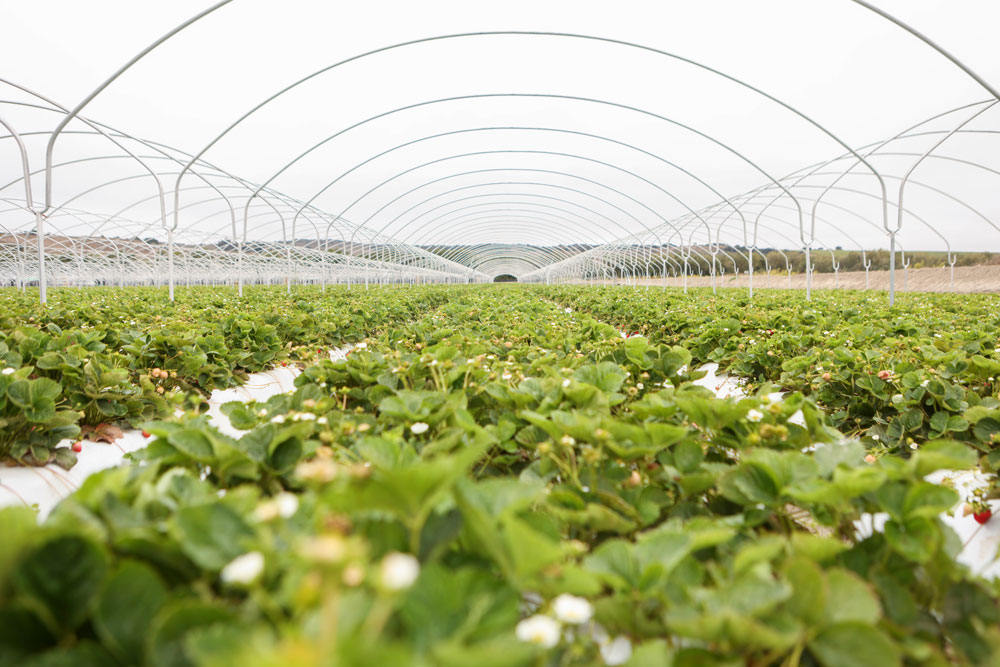What is Crop Rotation?
Crop rotation involves changing the type of crops grown in a field each season. By alternating crops with different nutrient requirements and root structures, we prevent soil depletion, reduce pest buildup, and maintain soil fertility. This method also promotes a healthier ecosystem in our fields, ensuring long-term productivity.
Benefits of Crop Rotation
- Improved Soil Fertility
By rotating crops, we reduce nutrient depletion. For example, nitrogen-fixing legumes such as peas enrich the soil, benefiting our berry and vegetable crops in subsequent seasons. This practice allows us to grow healthier produce while minimizing the need for synthetic fertilizers. - Natural Pest and Disease Control
Crop rotation helps manage pests and diseases. By rotating crops that pests do not favor, we break the pest lifecycle, reducing the need for chemical pesticides. This approach also supports better biodiversity on our farm. - Enhanced Soil Structure
Rotating crops with varying root structures helps prevent soil compaction and promotes better water infiltration. We benefit from having cover crops with expansive root systems, such as Sudan grass, which introduce more organic matter to our soils. This improves water retention and incorporates essential plant nutrients, creating stronger, healthier crops that require fewer water resources. We are committed to maintaining our soil’s health so that it remains fertile and productive.
Crop Rotation at Main Street Produce
We carefully plan our crop rotations to ensure the health of our soil and the quality of our crops. By incorporating diverse crops and utilizing natural pest control, we reduce our environmental impact and grow fresh, high-quality produce for our community.
Conclusion: A Key to Sustainable Agriculture
Crop rotation is a simple yet powerful practice that can significantly enhance soil health and sustainability. It helps reduce reliance on chemicals, supports natural pest control, and maintains the long-term fertility of our soil. At Main Street Produce, crop rotation is one of the many ways we promote a healthier environment while providing fresh, nutrient-rich produce to our customers.
For more information on the benefits of crop rotation, check out this source on soil health practices.

